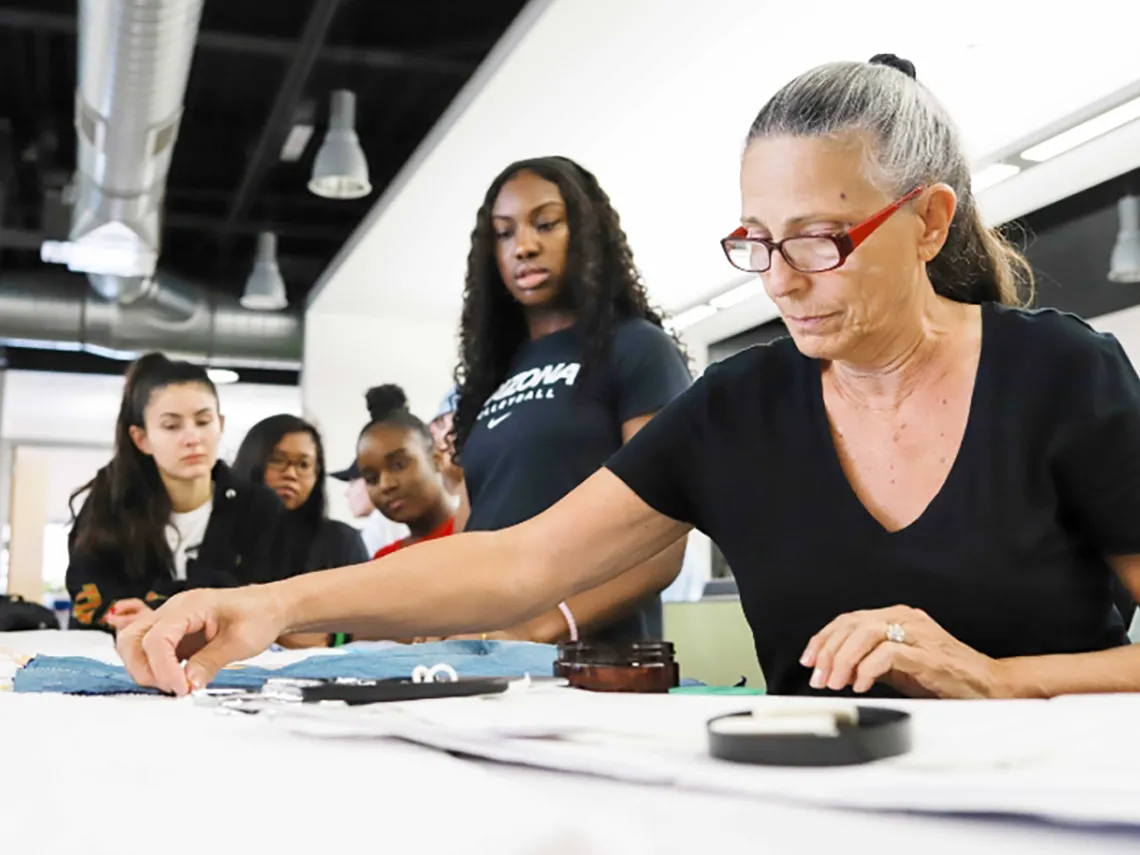
We support teaching and learning in all modalities; in-person, online and hybrid.
We partner with you in planning, building, and facilitating meaningful learning experiences for your online, in-person, or hybrid course. We can help you choose and use technology; create community; design assignments; and develop assessment and grading strategies.
Customized Consultations
You can schedule a one-time consultation or a series of meetings so we can help you enhance your teaching practices. We equip instructors with everything they need to provide students with a high-quality learning experience, whether you are teaching an online, in-person, or hybrid course.
Professional Development
Mini-courses and workshops are offered year-round on a variety of topics. We can also create a custom workshop to meet your needs or schedule one of our offerings for your group.
Resource Guides
We have created a number of resource guides on various topics related to teaching and learning. We invite you to explore these guides.
Student-Centered Teaching
Creating a learning environment where all students can succeed benefits everyone.
We offer resources and workshops that introduce and demonstrate approaches that welcome all learners, adaptable for any subject, class size, or format. These teaching methods ensure content is approachable to everyone and encourage us to consider which students might be advantaged or disadvantaged through our instructional activities and materials. Research demonstrates that student-centered, evidence-based teaching improves outcomes for historically underrepresented students. Here are some key techniques.
DRC
The U of A Disability Resource Center (DRC)
The DRC provides excellent tips to get you started.
UDL
Universal Design for Learning
UDL principles are based on evidence about how humans learn and contribute to success for all students.
Provide Captions
- Brightspace Video Note captions automatically in many different languages.
- Panopto auto-generates captions.
- Show students how to turn on Live Caption in Chrome browser.
Variety in Your Course
Provide a range of authors, images, and other materials in your course. Consider that more than 1 in 5 college students are parents, 19% of students have disabilities, and most students work; be sure to represent the New College Majority.
Provide Meaningful Feedback
When giving feedback, focus on a few significant points, be positive but not superficial. Use specific feedback to help students improve and to see teaching as coaching more than judging.

